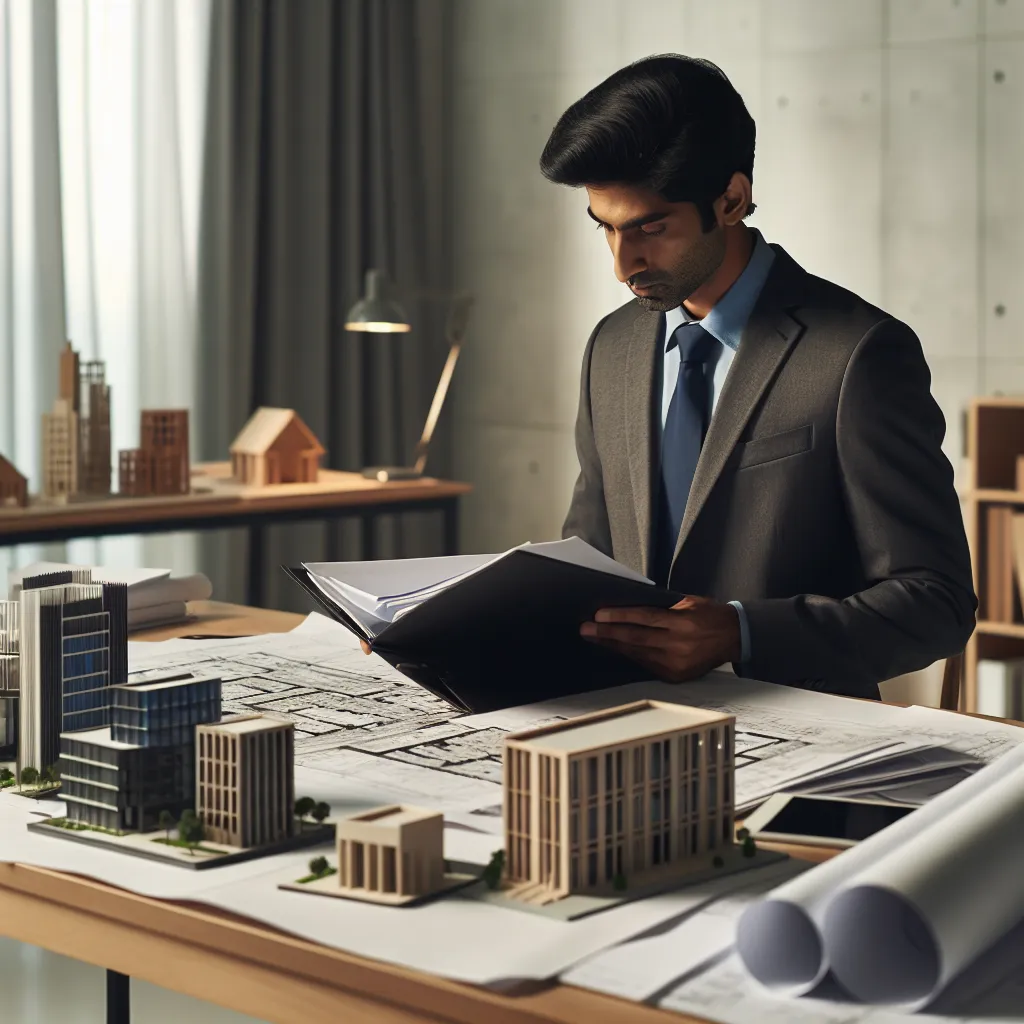Are you an aspiring architect preparing for a job interview? The architecture interview process can be daunting, but with proper preparation, you can showcase your skills and stand out from other candidates. This comprehensive guide will help you navigate the intricacies of an architecture interview, from initial preparation to handling tough questions.
Understanding the Architecture Interview Process
Architecture interviews are unique in their blend of technical knowledge, creative thinking, and professional presentation. Employers are looking for candidates who not only possess the necessary skills but can also communicate their ideas effectively and fit into the firm’s culture.
Key Areas of Assessment
- Technical knowledge: Understanding of architectural principles, building codes, and design software.
- Design philosophy: Your approach to creating functional and aesthetically pleasing spaces.
- Portfolio presentation: The ability to explain your projects and design decisions.
- Problem-solving skills: How you approach challenges in the design process.
- Communication skills: Articulating your ideas clearly and professionally.
 Architecture Interview Preparation
Architecture Interview Preparation
Preparing Your Portfolio
Your portfolio is often the first impression you make on potential employers. It should showcase your best work and demonstrate your growth as an architect.
Tips for an Impressive Portfolio
- Select diverse projects that highlight different skills and styles.
- Include process work (sketches, models) to show your design thinking.
- Organize your portfolio logically, with a clear narrative.
- Be prepared to discuss each project in detail, including challenges and solutions.
Common Architecture Interview Questions and How to Answer Them
Being prepared for common questions can boost your confidence and help you make a strong impression. Here are some questions you might encounter:
-
“Tell me about your design process.”
- Answer: Explain your step-by-step approach, from initial client meetings to final construction documents. Emphasize your attention to detail and problem-solving skills.
-
“What inspired you to become an architect?”
- Answer: Share your personal story, focusing on your passion for design and how it aligns with the firm’s values.
-
“Describe a challenging project you’ve worked on and how you overcame obstacles.”
- Answer: Choose a relevant example that showcases your problem-solving abilities and teamwork skills.
-
“How do you stay current with architectural trends and technologies?”
- Answer: Mention professional associations, conferences, and publications you follow, demonstrating your commitment to ongoing learning.
-
“How do you handle client feedback, especially when it conflicts with your design vision?”
- Answer: Emphasize your ability to listen, collaborate, and find creative solutions that satisfy both the client’s needs and good design principles.
Showcasing Your Technical Skills
Architecture firms often use specific software and tools. Be prepared to discuss your proficiency in:
- CAD software (e.g., AutoCAD, Revit)
- 3D modeling tools (e.g., SketchUp, Rhino)
- Rendering software (e.g., V-Ray, Lumion)
- Building Information Modeling (BIM) systems
If asked about a tool you’re not familiar with, express your willingness to learn and adapt to new technologies quickly.
 Architect Technical Skills
Architect Technical Skills
Demonstrating Your Design Philosophy
Interviewers often want to understand your approach to design. Be prepared to discuss:
- Your sources of inspiration
- How you balance form and function
- Your approach to sustainable design
- How you incorporate local context and culture into your designs
Use specific examples from your portfolio to illustrate these points.
Handling Difficult Questions
Sometimes, you may encounter questions that catch you off guard. Here are some strategies to handle them:
- Take a moment to gather your thoughts before responding.
- If you’re unsure, ask for clarification.
- Be honest if you don’t know something, but express your eagerness to learn.
- Relate the question to your experiences or knowledge when possible.
Common Mistakes to Avoid in Architecture Interviews
- Lack of preparation: Not researching the firm or being unable to discuss your projects in detail.
- Poor portfolio presentation: Disorganized or incomplete portfolios can make a bad impression.
- Overconfidence: While confidence is good, arrogance can be off-putting.
- Failure to ask questions: Not asking thoughtful questions about the firm shows a lack of interest.
- Neglecting to follow up: Failing to send a thank-you note or email after the interview.
Follow-Up Questions and Suggested Answers
-
“How do you approach sustainable design in your projects?”
- Answer: Discuss your knowledge of LEED certification, energy-efficient materials, and how you integrate sustainable practices into your designs.
-
“Can you explain how you manage project timelines and budgets?”
- Answer: Describe your experience with project management tools and techniques for keeping projects on track and within budget.
-
“How do you collaborate with engineers and other professionals in the design process?”
- Answer: Emphasize your teamwork skills and experience in coordinating with various disciplines to create cohesive designs.
-
“What’s your experience with adaptive reuse projects?”
- Answer: If you have experience, discuss specific projects. If not, express your interest and understanding of the principles involved in adaptive reuse.
-
“How do you stay organized when juggling multiple projects?”
- Answer: Describe your time management techniques and any tools you use to keep track of various projects and deadlines.
Conclusion
Preparing for an architecture interview requires a combination of technical knowledge, design skills, and professional presentation. By thoroughly preparing your portfolio, practicing common questions, and showcasing your unique design philosophy, you’ll be well-equipped to make a strong impression. Remember to stay calm, be authentic, and let your passion for architecture shine through. Good luck with your interview!
For more interview preparation tips, check out our articles on how to prepare for a UX designer interview and how to discuss your career progression in English. These resources can provide additional insights into professional communication and interview strategies.




